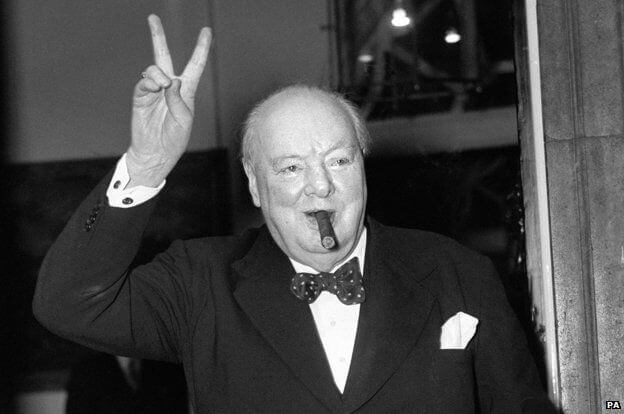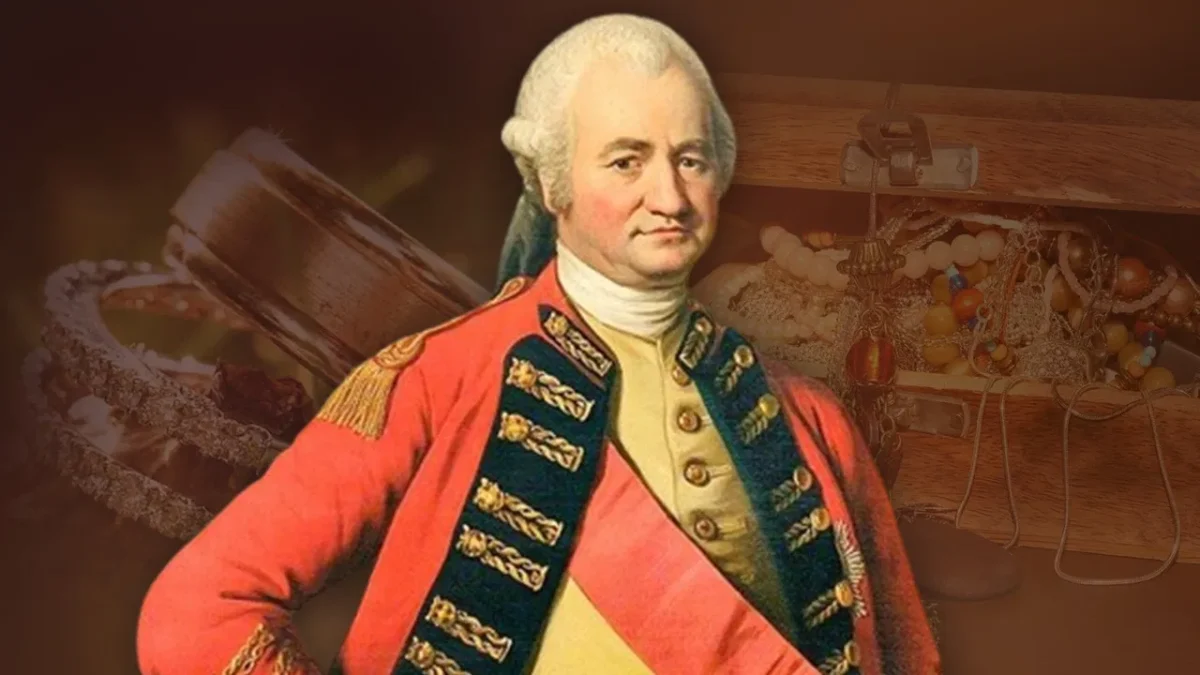Winston Churchill : Manipulation Or Betrayal Of India

From the 1920s onwards, Mr. Winston Churchill was firm in opposing any proposal resembling genuine self-rule for India. He had a deep conviction that Britain would be fatally weakened if its Empire lost India. This conviction might have been strengthened because of the dismemberment of the Ottoman Empire by the 1920s. Through the Anglo-French machination in the early 1920s, the Ottoman Empire dissolved into some independent, some as western colonies and others as UN-mandated protectorates.
Here, there is a similarity to Churchill’s own conception of the end game of British India: Its break up into three parts – Hindu, Muslim, and Princely States – all under the British strategic umbrella.
It is said that Mr. Churchill had manipulated his idea to succeed. He manipulated the Indian actors – Gandhi, Nehru, Jinnah, and Ambedkar. These Indian actors were not always on the same pages and their differences were the opportunities for Mr. Churchill to succeed. The manipulated actors also shared some blame.
On the betrayal side, Mr. Churchill did nothing to prepare India for independence. This mistake resulted in the Attlee government’s precipitous haste to announce its exit from India and impending partition. Even more shocking was Mr. Churchill’s inaction during the Bengal famine. If he had intervened earlier, it could have mitigated the horrendous consequences of this human tragedy.
To conclude, it is observed how the weak moral character of a great leader can lead to tragic consequences.


